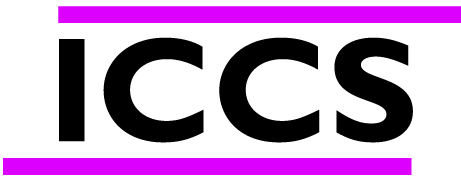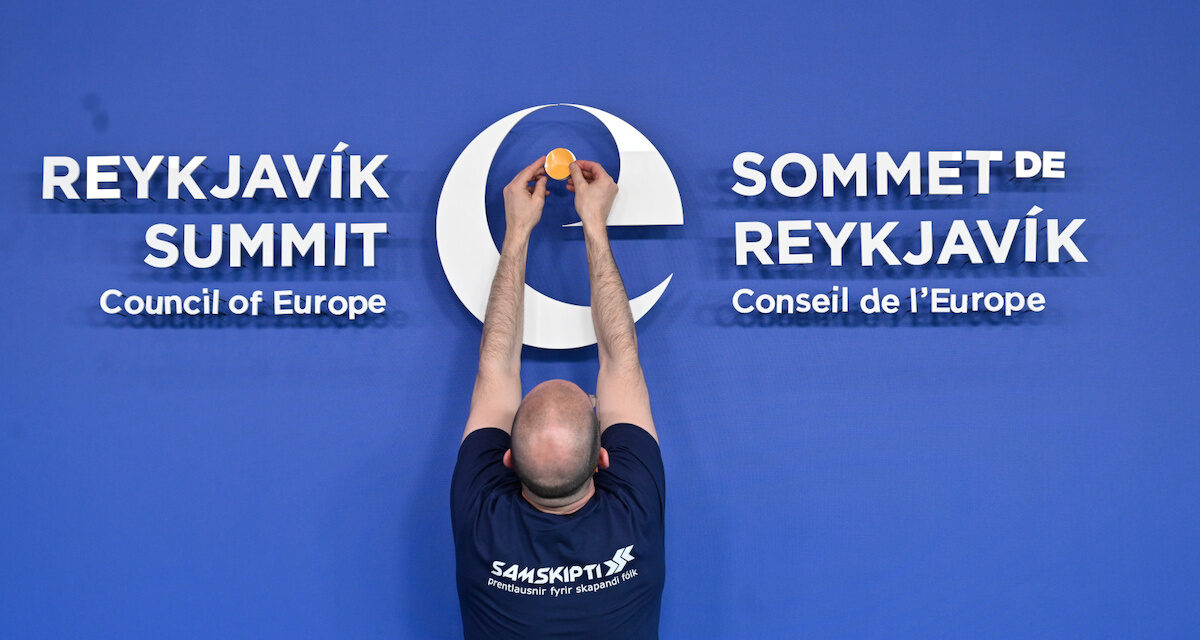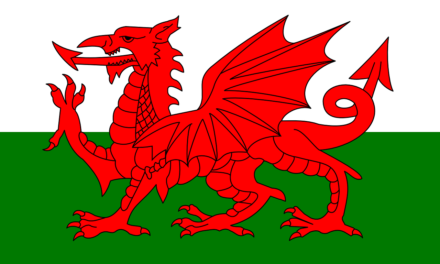The Conference of INGOs (CINGO) held its annual spring session in hybrid format on 24-26 April 2023. An exchange of views with Secretary General Marija Pejčinović Burić and the adoption of the INGO Conference Recommendation to the Council of Europe Heads of State Summit in Reykjavik on 16-17 May 2023 were the highlights of the meeting.
This Recommendation called, inter alia, for a strengthening of the of the European Convention on Human Rights as a crucial factor for the protection of human rights, for the development of democracy and for respect for the rule of law” . In addition, the Recommendation calls for the “development of resources for lifelong education and training in citizenship and human rights in cooperation with civil society actors such as NGOs and NHRIs”.[1].
Furthermore, the conference adopted a recommendation for a global approach to the rights of refugees and migrants and the role of civil society. It urges “to set up the responsive policies in which the access to health care, education and safety is considered as an intrinsic and basic human right of each individual, regardless of age, origin, specific sojourn status or any other criterion of the person.”
In the field of education, decisions were taken that underline the importance of political concerns in this area. On the one hand, the mandate of the committee “Education for Democracy” was renewed, which is particularly committed to linking non-formal and formal democratic education as well as paying special attention to the inclusion of vulnerable groups. The Committee for Interreligious and Interfaith Dialogue was also unanimously confirmed for another year.
Recommendations of the conference are not binding, but are perceived as an important contribution of civil society by the other bodies of the Council of Europe.
Council of Europe Summit in Reykjavik
It is only the fourth summit of the Council of Europe, which took place in Reykjavik on 16 and 17 May under the presidency of Iceland. A clear signal under the impression of the Russian attack on Ukraine (Ukraine is a member of the Council of Europe, Russia was excluded in February 2022) is the decision to establish a damage register for Ukraine. This is a first step towards an international compensation mechanism for the victims of Russian aggression. Although there are still some unanswered questions regarding the concrete implementation and consequences , it is an important instrument to bring accountability claims of behaviour contrary to international law to bear.
Summits and their official declarations are often diplomatic act of balance, so it is not surprising that the text of Reykjavik sometimes gets lost in standard phrases. Nevertheless, Reykjavik has once again confirmed that we have arrived in a post-peace Europe – the final declaration clearly calls for a return to the fundamental values of the Council of Europe, triggered by the situation in Ukraine. “European democracies are not established once and for all”, the first part of the declaration says, thus calling for a return to the values of human rights, democracy and the rule of law.
Furthermore it emphasises the important task that education has in this context. It provides young people with “the necessary references to grow up embracing our democratic values in culturally diverse societies and take an active part in the protection of our cultural heritage.”
It is also noteworthy that in Annex V of the Final Declaration, which explicitly addresses the Council of Europe’s responsibility for the environment, the vital role of NGOs and religious communities is explicitly emphasised here – and only here – when it comes to environmental issues. This is certainly due to the fact that religiously inspired INGOs, including the Conference of European Churches, have been advocating the active participation of religious organisations for years, not least through the Committee for Interreligious and Interconfessional Dialogue .
Sören Lenz, Strasbourg Office KKR/CPCE
Header photo: @Council of Europe/Sandro Weltin
[1] NGO= Non-Governmental Organisations; NHRI=National Human Rights Institutions






Trackbacks/Pingbacks